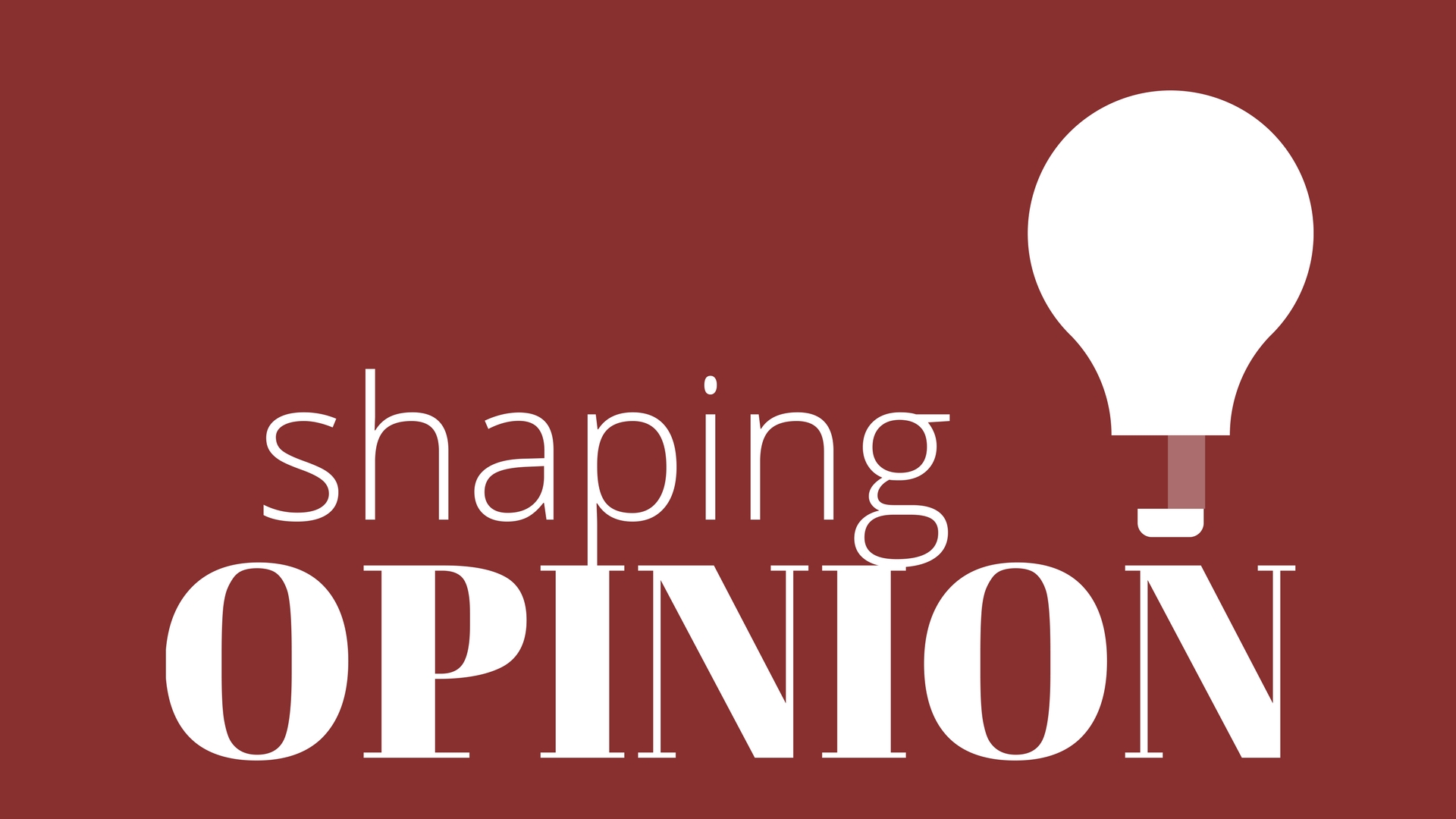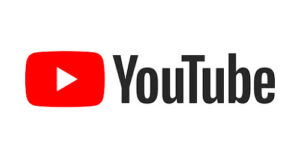Leaving Venezuela: A Millennial on Socialism
Daniel Di Martino joins Tim to talk about socialism and how it has and continues to affect the people of Venezuela. Daniel was born and raised in Venezuela and fled his homeland in 2016. He is now a freedom activist and economist. Daniel explains socialism’s impact on his homeland’s economy, quality of life, individual freedoms, and how it affected the future for the millennial generation in that country.




